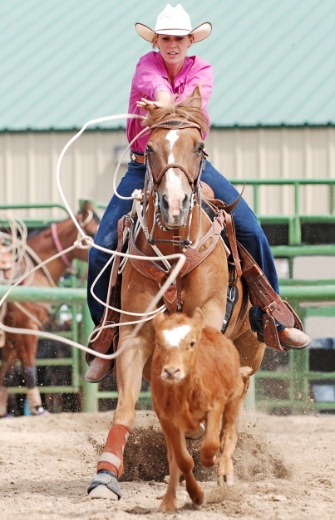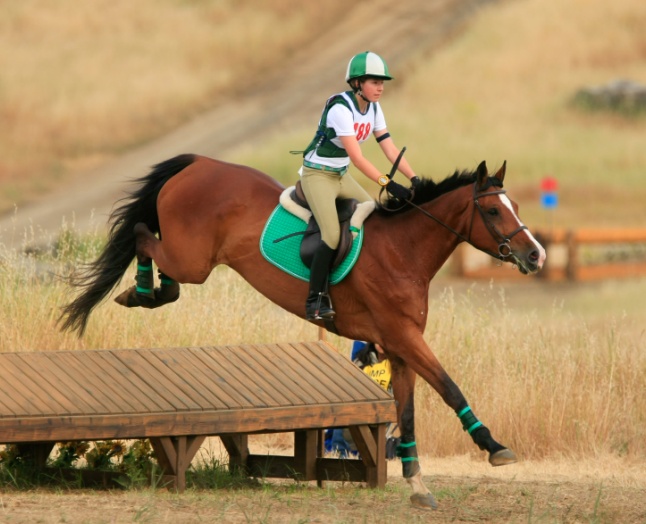

Being educated about the appraisal process will ensure you
receive the appropriate type of appraisal for your needs.


If the value is more than $5,000, you will need to support the donation with a written appraisal by a qualified, independent expert. It is essential to note that appraisal reports completed more than 60 days prior to the donation date will not be accepted by the IRS or the CRA. It is essential to inquire with the non-profit organization about their plans for keeping your horse for at least three years. If your horse is removed from the program before the three years are up, you may get a notification from the IRS reducing your donation tax credit.
We are one of the few senior equine appraisers in North America. A senior equine appraiser is an accredited member who has successfully completed ASEA's professional appraisal courses (105 hours), has met the Appraiser Qualifications Board's (AQB) personal property appraisal minimum qualification criteria (minimum 700 appraisal hours), completed the 15-hour Uniform Standards of Appraisal Practice (USPAP) course, and is an ASEA member in good standing. Senior appraisers are encouraged to meet the AQB's continuing education requirements every five years to retain their Senior status, but as mentioned above, this is not mandatory. When hiring an appraiser, it is essential to inquire about the appraiser's continuing education and courses. As markets are constantly changing, it is essential that an appraiser stays current and understands how to properly perform, develop, and write a personal property appraisal.
Daventry Appraisal Services is committed to providing our clients with the most up-to-date and knowledgeable appraisers. As a result, we comply with all of the Appraiser Qualifications Board's personal property appraisal minimum qualification criteria. This includes attending a 7-hour USPAP updating course every two years and completing 70 hours of continuing education every five years, which must include 20 hours of coursework related to valuation theory. Click here to learn more about the different levels of appraisal credentials.